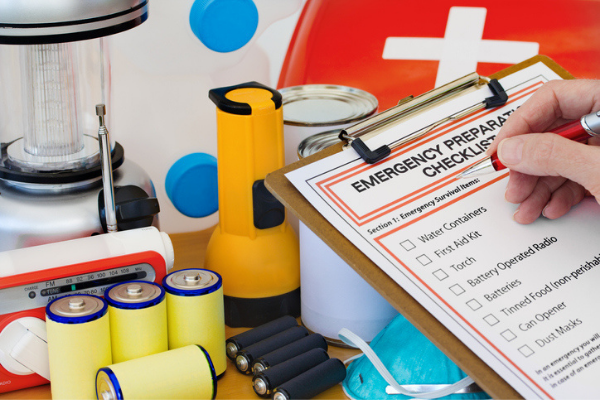
Visitors are individuals or groups of individuals who are not employees of the organization. Visitors may be guests from the local community, potential vendors or customers, visiting scientists or speakers, or members of employee families. Contractors are visitors hired to perform specific tasks or services; see Contractor Safety and Monitoring in the 2/13/20 issue of this newsletter. Determine what, if any, safety training might be required for facility visitors. Visitors should register with a receptionist or security officer. For maximum security, especially in manufacturing plants, visitor’s badges should be worn. If visitors go into the laboratory or process area, they must wear appropriate eye protection and possibly hard hats if falling objects are possible. Visitors must always be escorted by an employee, preferably a member of the technical staff, at all times in labs and process areas. There may be cases where general visitors are permitted to do a specific unsupervised task in the lab, but this would be unusual.
Access to laboratory chemicals and equipment must be limited to persons properly trained to use them. Do not leave hazardous materials out in the open or in an office area where visitors may come in contact with them. Do not allow visitors to wander off by themselves. If guests are invited to a meal or reception where alcohol will be served, schedule tours of labs and process areas before the refreshments are served.
Emergency Response: Establish specific procedures to be followed if a visitor gets sick or injured in the facility. Guests unfamiliar with chemistry labs might be bothered by typical lab odors. Consider how far visitors must walk on a given tour. How long must guests stand listening to explanations about the lab or the organization? These are factors that could lead to fainting or discomfort for visitors. If a large group has multiple escorts, one or more can attend to the sick or injured guest.
Children as Visitors: Children may be allowed to tour your facilities, and some may work in your labs as summer students or co-op students. Children can present special safety concerns because of their general inexperience in a workplace environment. Officially sanctioned and properly supervised activities for children can be permitted. Examples of such activities would be the Explorer program and official tours of school groups. No person younger than college age should be permitted to work without continuous supervision in the lab unless specifically approved to do so by laboratory managers. You may want to designate a minimum age required for a person to do any work in the laboratory. Children younger than this minimum age would not benefit enough from lab work to justify the safety risk to themselves and to your staff. Younger children may tour the labs with appropriate supervision.
Copyright 2020 American Chemical Society (All Rights Reserved)








